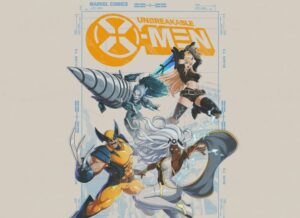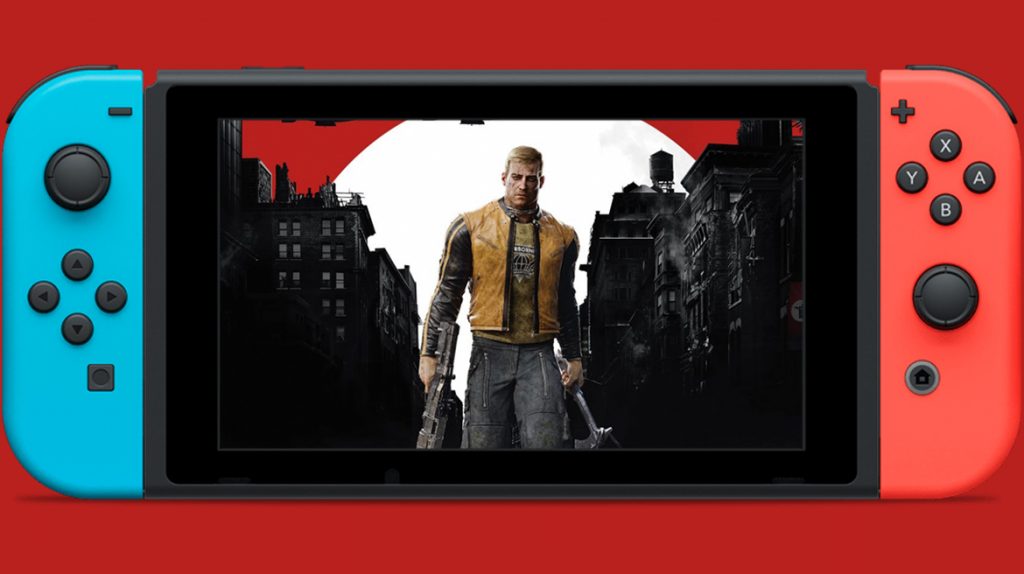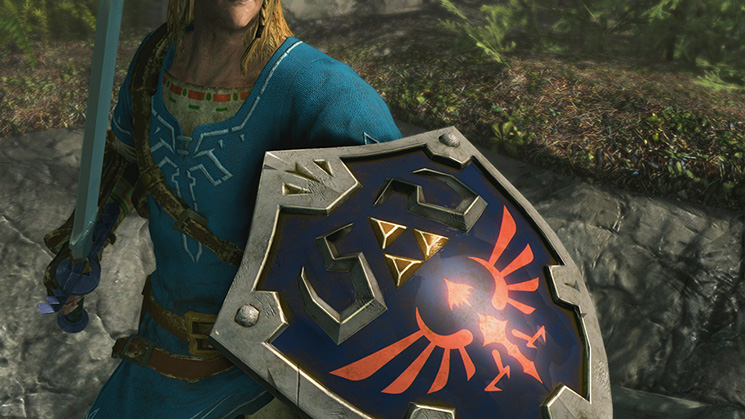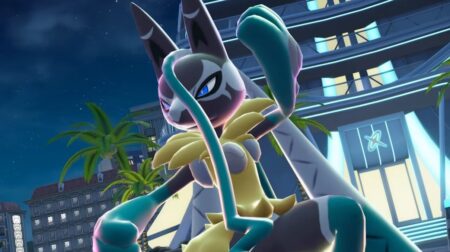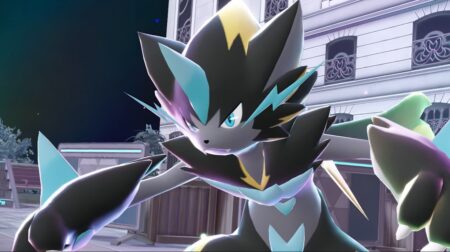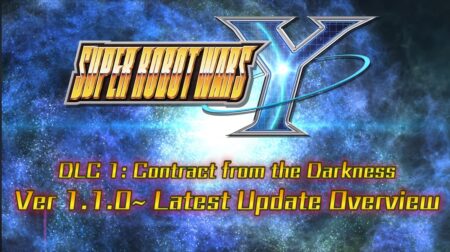For years, Nintendo consoles have been the butt of every joke, when it came to third-party Triple-A support. It all started back in the N64 days, where everyone else moved away from cartridge-based media and adopted optical-based media, since it was a lot cheaper and was a way to escape the iron rule of Nintendo’s expensive cartridge tax. This sudden drop in support plagued them throughout multiple console generations, mainly their home console lines.
You can’t blame the third-parties because, at the end of the day, video games are still a business. Nintendo just provided too many hurdles with their consoles and not enough solutions or support to help the developers. First it was the cartridges, but then it became the sub-par hardware, and finally, with the Wii U, it was both the sales and the sub-par hardware. It just wasn’t worth the time, money, and effort for developers to bring their games to Nintendo’s hardware due to the lack of returns. However, something has changed with the Nintendo Switch. It’s still a slow start, but the tides are changing, despite all previous hurdles mentioned still being present.
The Nintendo Switch falls under every reason why third-parties would steer clear once again, except one of course. It’s cartridge-based and it’s less powerful than any of its contemporaries, but the reason why third-parties just can’t seem to stop giving this little system second looks is because it’s selling like hotcakes. Last January it was reported that it has become the fastest selling console in U.S. History, selling 4.8 million units in 10 months. This is something that a lot of third-parties are definitely looking at and is why we’re seeing a lot of Switch ports of third-party games popping up, albeit a bit later down the road.
Despite the Nintendo Switch selling so well, I still think that not all third-parties should start putting all their eggs in the Switch basket. Right now, having Triple-A titles on the Switch is a novelty and is a cool way to double-dip in a game you enjoyed on your PS4, Xbox, or PC. The only reason you have people double-dipping is because your game is good and even then that double-dip isn’t a guarantee because, sadly, the games come out at full price, despite coming out at a way later date.
A great example is Bethesda’s Doom, which came out in 2016. It was such an amazing feat that the game even ran on the Switch’s hardware, albeit with lower visual fidelity, but that’s where the novelty stemmed from. Its novelty was also compounded by the Switch’s portability feature, essentially making it that Doom, one of Bethesda’s most graphically demanding games to date, was being played on a tablet. This is why Switch owners were willing to re-buy a game that came out a year prior, and of course, it being amazing helped, too. The only thing that stung slightly was that it came out at full price, but fans were willing to give the game that money due to the feat and novelty of having Doom run on a console the size of an iPad Mini.
This goodwill can’t and won’t last forever, however. Fans will start to lose interest if third-parties keep on porting games late to the Switch, especially at full price. Customers know that there are better options out there, and a lot cheaper too by the time they come to the Switch. Bringing your favorite Triple-A game on the go is great and all, but it’s certainly not worth the wait, nor the full price tag. Third-parties, of course, also know that if they do release their games day and date with other systems, then the chance that customers will double-dip is completely gone, especially for owners of more than one system.
It’s a situation where publishers have to strike while the iron is hot. The fever of excitement and praise for Triple-A third-party titles is one that will surely die down as time passes, and that novelty isn’t profitable in the long-term. The situation would be different if Nintendo’s hardware had power and architecture parity with the PS4 and Xbox One, then the ports would be day and date and would perhaps even be the best selling versions. However, with the current reality, I don’t see the Triple-A support lasting for too long, despite the slow uprise in support. Nintendo is better off partnering with these publishers and developing third-party exclusives since the Switch fan-base is a rabid and growing one. It’s certainly a lot better than visually compromised ports at a later date, with a full price tag. More games like Mario+Rabbids Kingdom Battle and less year late ports we already played on more powerful hardware.


